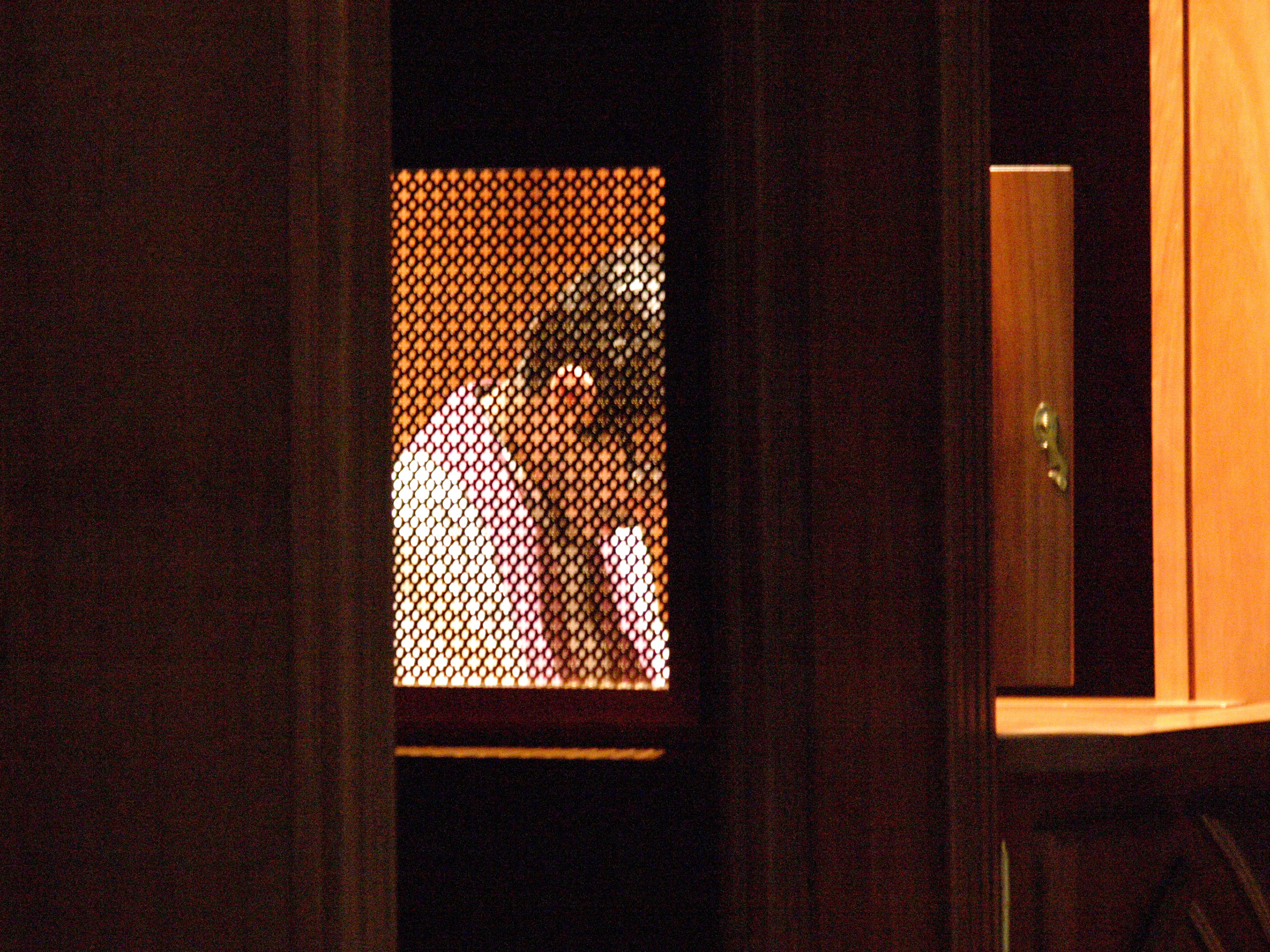To go to confession either helps us to return to God after we have committed a mortal sin or to deepen our already present love for him. Jesus Christ instituted the sacrament of penance, which extends to us the mercies of the Lord and challenges us to be more virtuous.
On the evening of Easter Sunday, the Master, appearing to his fearful apostles, exclaimed: “Receive the Holy Spirit. If you forgive the sins of any, they are forgiven; if you retain the sins of any, they are retained” (Jn 20:22-23).
Since the 1960s, various erroneous opinions concerning confession have circulated among Catholics that have garnered attention and even acceptance. These views, not sanctioned by the church’s teaching authority (magisterium) or supported by sacred Scripture and the apostolic tradition, kill piety, not encourage it.
One such notion: for confession to be “meaningful,” a Catholic should go no more than three or four times a year. Otherwise, confession becomes routine and does not facilitate authentic spiritual growth.
A penitent is not obliged to go to confession “more than three or four times a year” unless he is guilty of mortal sin and wishes to receive holy Communion or another of the church’s sacraments. It is also true that he could, in theory, approach this sacrament in a careless, unreflective manner, but that would be the fault of the penitent, not the sacrament. A thorough examination of conscience may include reflection on the Ten Commandments, the precepts of the church, the beatitudes, the theological and the cardinal virtues, or the lives of Jesus, Mary and Joseph.
A “good” confession means a worthy confession, that is, the penitent tells the unconfessed mortal sins that he has committed. He does so in both kind (what they are) and number (how many times they occurred). The penitent need confess only previously unconfessed mortal sins (gravely wrong desires, thoughts, words and actions performed with sufficient reflection and full consent of the will); however, the church earnestly recommends the faithful confess venial sins because such acknowledgment leads to self-knowledge of one’s own weakness, humility in “owning-up” to what one has done wrong and an increase in sanctifying grace. A “devotional confession” is the confession of venial sins.
During the reception of this sacrament, the penitent verbally identifies his sins, after which he may assert, “I am sorry for these and for all the sins of my past life.”
The formula of absolution needs little commentary:
God, the Father of mercies, through the death and resurrection of his Son, has reconciled the world to himself and sent the Holy Spirit among us for the forgiveness of sins; through the ministry of the church may God give you pardon and peace, and I absolve you from your sins, in the name of the Father, and of the Son, and of the Holy Spirit.
The confessor may add, among other prayers, the “Passio Domini nostri Iesu Christi”:
May the Passion of Our Lord Jesus Christ, the intercession of the Blessed Virgin Mary and of all the saints, whatever good you do and suffering you endure, heal your sins, help you to grow in holiness, and reward you with everlasting life.
A penitent who is sorry for his sins, tells them honestly, plans to avoid sin in the future, intends to do his assigned penance and receives valid sacramental absolution from a duly authorized priest is truly forgiven of his sins. Such a realization is in itself a grace from Jesus himself.
Msgr. Mangan teaches at Mount St. Mary’s Seminary in Emmitsburg, Md.



Christ commands us to love